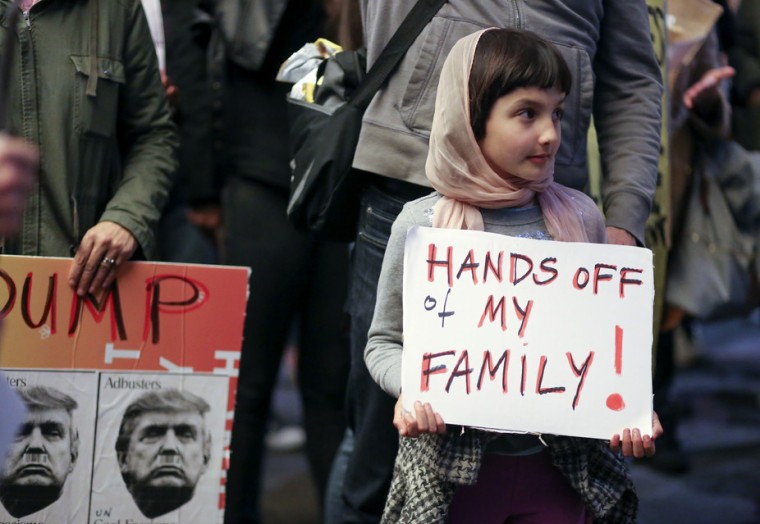AHRC-funded Collaborative Doctoral Award with the University of Exeter and BT Archives
Beaming the British empire: the Imperial Wireless Chain, circa 1900-1940
Ref: 2583
About the award
Applications are invited for an AHRC-funded Collaborative Doctoral Award with the University of Exeter and BT Archives to research and study the origins, development and impact of the Imperial Wireless Chain, the global network of shortwave radio stations that reputedly played a critical role in British colonial integrity from the 1920s to the 1940s.
This project focuses on one of the most extraordinary milestones in the history of global telecommunications and represents an exciting opportunity for students with backgrounds in the history of science, technology, and modern British and imperial history. First conceived by Guglielmo Marconi in 1906 to use long-wave transmitters, the Imperial Wireless Chain (IWC) was postponed following a political scandal and the outbreak of the First World War. In the early 1920s, and at some financial risk, the Marconi Wireless Telegraph Company developed its innovative ‘beam’ short-wave system and this was eventually adopted by the British government for the IWC. The first pair of ‘beam’ stations opened in Britain and Canada in 1927 and within a few years similar stations followed in Australia, India, New Zealand, South Africa and South America. It soon became one of the most widely used forms of long distance communication in the British empire and posed such a threat to the ageing submarine cable business that had constituted the ‘nervous system’ of the British empire that the British government was eventually forced to amalgamate the newer and older forms of telegraphy into one of the largest telecommunication firms of the 1930s: Cable and Wireless. Despite its importance, the history of the Imperial Wireless Chain has not been the subjects of systematic scholarly study.











You must be logged in to post a comment.